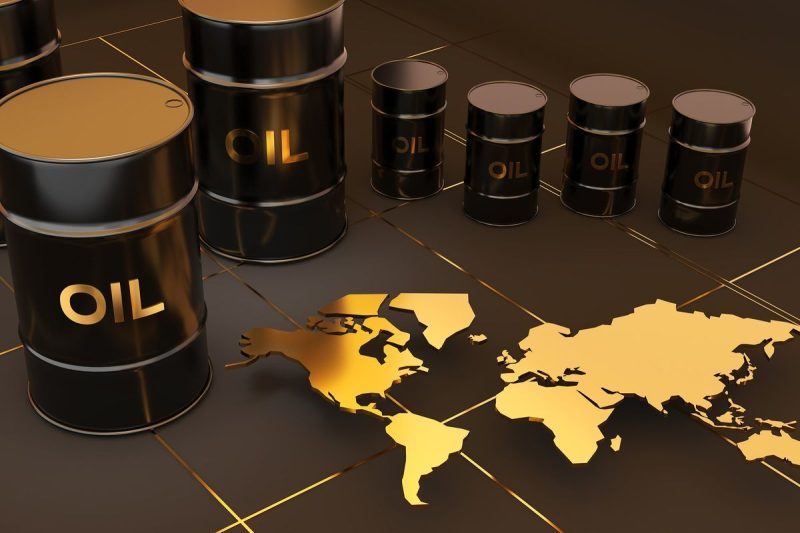As an emerging force in the global economy, the oil industry continues to be a key player in shaping the financial landscape of various countries around the world. With technological advancements and increasing demand for energy, oil-producing nations have become significant contributors to both their domestic economies and the global market. Let’s delve into the top 10 oil-producing countries and explore the factors that set them apart in this ever-evolving industry.
1. **United States**: The United States stands out as one of the top oil-producing countries in the world, thanks to its advancements in shale oil extraction. With vast reserves and innovative drilling techniques, the U.S. has managed to significantly increase its oil production in recent years, positioning itself as a key player in the global market.
2. **Saudi Arabia**: Known for its abundant oil reserves, Saudi Arabia continues to be a dominant force in the oil industry. As a founding member of OPEC, the country plays a crucial role in global oil markets, influencing production levels and prices to maintain stability within the industry.
3. **Russia**: Russia boasts extensive oil reserves and has consistently ranked among the top oil-producing countries globally. The country’s rich resource base and investments in technological advancements have enabled it to maintain a steady output of crude oil, contributing significantly to its economy.
4. **Canada**: Canada’s oil sands make it one of the leading oil-producing countries in the world. The country’s focus on sustainable development and responsible extraction practices has positioned it as a key player in the global energy market, catering to both domestic and international demand.
5. **Iraq**: Iraq’s vast oil reserves have paved the way for its emergence as a significant oil-producing nation. Despite facing challenges related to political instability and infrastructure limitations, the country continues to expand its oil production capacity, driving economic growth and development.
6. **China**: As one of the world’s largest oil consumers, China has invested heavily in domestic oil production to meet its energy needs. With advancements in technology and strategic partnerships with international oil companies, China has bolstered its position as a major player in the global oil market.
7. **Brazil**: Brazil’s offshore oil reserves, particularly in the pre-salt basins, have positioned it as a key oil-producing country in the Americas. The country’s focus on deepwater exploration and production has led to significant growth in its oil output, contributing to its economic development.
8. **Iran**: Despite facing international sanctions and geopolitical challenges, Iran remains a significant oil producer in the Middle East. The country’s vast reserves and strategic location have enabled it to maintain a steady level of oil production, supporting its economy and energy sector.
9. **United Arab Emirates**: The United Arab Emirates is a prominent oil-producing country in the Gulf region, with a focus on sustainable development and technological innovation. The country’s investments in infrastructure and diversification of its energy portfolio have helped it maintain a strong position in the global oil market.
10. **Kuwait**: Kuwait’s oil reserves and well-established oil industry make it a key player in the global oil market. The country’s adherence to production quotas set by OPEC and its focus on sustainable development have contributed to its stability and growth in the oil sector.
In conclusion, the top oil-producing countries play a pivotal role in shaping the global energy landscape and driving economic growth on a national and international scale. Through strategic investments, technological advancements, and sustainable practices, these nations continue to enhance their position in the competitive oil industry, ensuring a stable and reliable energy supply for the world.

